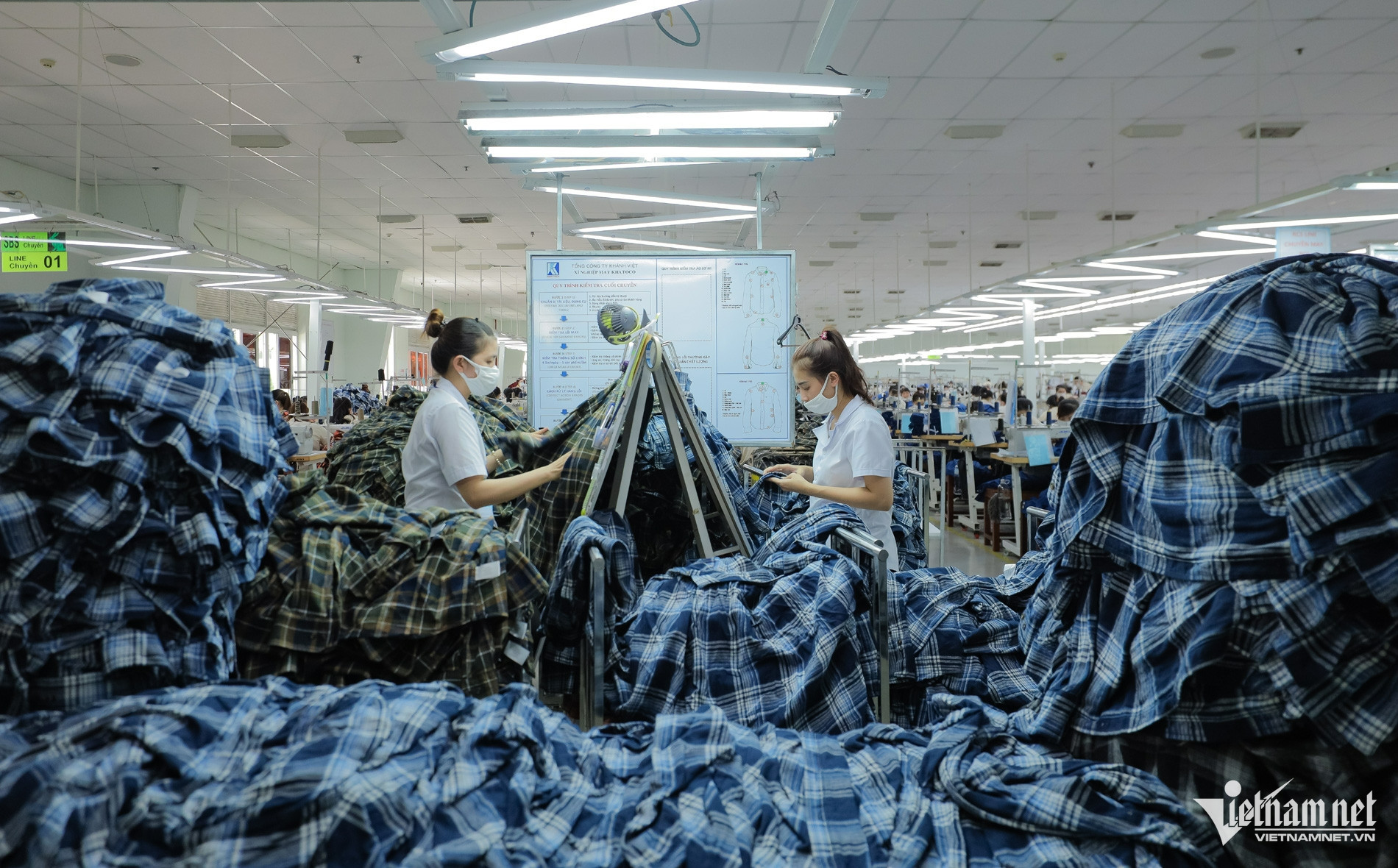
According to the Vietnam Trade Office in Germany, the ESPR is a part of the key solution packages applied to reach the goals set by CEAP (Circular economy action plan).
The regulation establishes requirements and information about eco-design for most kinds of goods brought to the EU market.
It encourages the recycling and reuse of consumer goods, and also mentions the integration of environmental concerns into all phases of product development. It is considered important in a world with high demand for sustainable products that reduce consumption of energy and resources.
The EU has long been active in this field. For example, thanks to the EU, consumers now can find energy labels on refrigerators and washing machines. However, environmental sustainability is not just energy use efficiency.
A sustainable product must include one or many of the following characteristics: use less energy, be more durable and be easy to repair. Parts should be easily dismantled and can continue to be used, there should be fewer worrying substances and should be easily recyclable, and should produce less carbon emissions throughout its life cycle.
Also, the new regulation prohibits the destruction of unsold garments and footwear, and opens up a new way to extend the prohibition to other business fields, if there is proof.
The Vietnam Trade Office in Germany has warned that the new regulation would have direct impact on textiles and garments and footwear products exported to the EU and Germany, the key export items of Vietnam.
Under the new regulation, Vietnamese companies would be required to publicize information on their websites about the quantity and weight of products to be discarded, as well as the reasons.
The latest regulation related to mobile phones and tablets, approved in June 2023 and expected to take effect in June 2025, requires more durable design, longer battery life, and availability of software updates and spare parts.
In 2021, the ecodesigns applied to 31 categories of products helped save 120 billion euros and decreased annual energy consumption of covered products by 10 percent.
Prior to that, in May 2024, the Vietnam Trade Office in Singapore said the NEA (National Environment Agency) expanded MELS (Mandatory Energy Labelling Scheme) and MEPS (Minimum Energy Performance Standards) to household hot water machines and refrigerators, commencing April 1, 2025.
Tam An